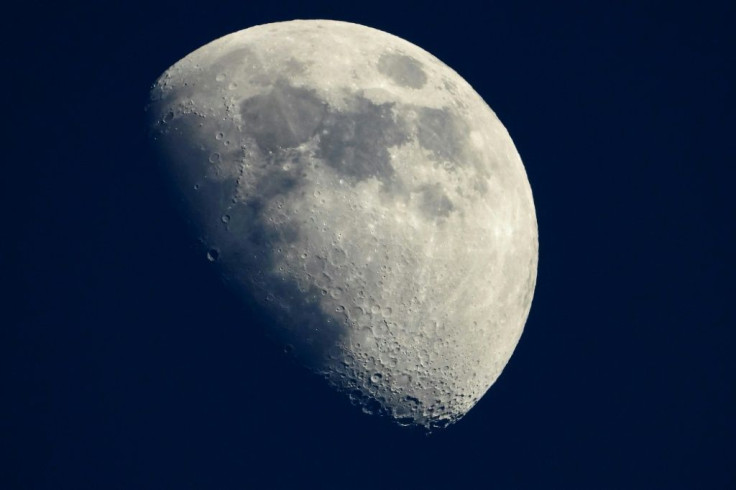China To Put Astronauts On The Moon By 2030, New Plan Reveals

KEY POINTS
- The details about the mission were revealed at an aerospace summit in Wuhan
- The mission is part of a project to set up a lunar research station for long-term research
- China became the third country to successfully land a rover on the moon in 2013
In a bid to become the second nation to land humans on the moon, China is gearing up for a manned lunar mission that is expected to take place before 2030.
A Chinese official revealed new details Wednesday at an aerospace summit in the city of Wuhan about the country's ongoing space plans, CNN reported.
The twin-rocket plan includes sending a pair of launch vehicles — one with a moon surface lander and another carrying the astronauts — into lunar orbit. Once they enter the moon's orbit and a successful docking is executed, astronauts will enter the lander and use it to descend to the moon's surface, said Zhang Hailian, deputy chief engineer with the China Manned Space Agency (CMSA), according to state-run news agencies.
The astronauts will collect samples and then return to Earth in the manned spacecraft.
The mission is part of a project to set up a lunar research station for long-term research, Zhang said.
Although China was late to the world's space race, the country has managed to catch up and make noteworthy strides, spending billions on advancing its space program.
China only sent its first satellite into orbit in 1970. By this time, U.S. astronauts had already landed on the moon. Nevertheless, China became the third country to successfully land a rover on the moon in 2013.
The China-made Yutu 2 rover made history in 2019 by sending back images and other data from the far side of the moon for the very first time.
In a detailed white paper released last year, China laid out the goals for its space program for the next five years and included its plan to realize the country's dream of becoming a "space power."
"In the next five years, China will integrate space science, technology and applications while pursuing the new development philosophy, building a new development model and meeting the requirements for high-quality development," the report stated. "It will start a new journey towards a space power. The space industry will contribute more to China's growth as a whole, to global consensus and common effort with regard to outer space exploration and utilization, and to human progress."
© Copyright IBTimes 2025. All rights reserved.






















